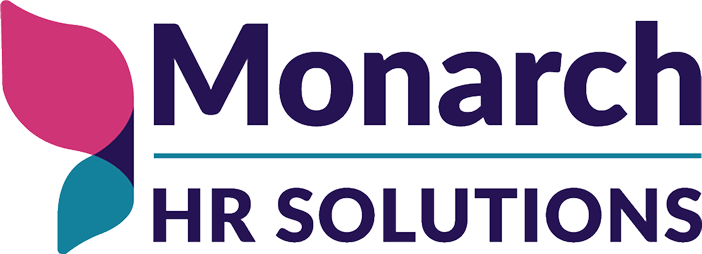By Dan Darabaris
In an effort to address pay equity, lawmakers are taking action. Many state and local jurisdictions are passing pay transparency laws to try and close the pay gaps based on race and gender. The latest such law was just signed by Illinois’ Governor Pritzker. Broadly, these laws require employers to disclose compensation and pay range information.
The scope of the laws, however, vary by jurisdiction. Some laws go beyond pay disclosure and include job description and record keeping requirements. Others prohibit employers from asking about salary history. To whom the law applies also varies.
For example, in New York, employers with at least four employees must disclose the compensation or range of compensation in any advertisement for a job, promotion, or transfer opportunity. Additionally, they must also disclose the job description, if there is one. Plus, employers must keep records that show the job description and compensation range history for each job opportunity. This applies to both in-person and remote jobs if the person performing the remote job reports to someone in New York state.
New York City has its own pay transparency law, that requires covered employers in the city to list the minimum and maximum salaries or hourly wages, which were determined in good faith at the time of the job posting, for all advertised job, promotion, and job transfer opportunities if the positions can or will be performed – at least in part – within the city. The city council recently introduced a bill that would expand the law even further to also include a job description and description of non-wage compensation, such as bonuses, benefits, stocks, bonds, options, and equity ownership.
California’s pay transparency law applies to employers with 15 or more employees. They must post a pay scale in an open job advertisement. If the positions could ever be filled in California, either remotely or in person, the pay transparency law applies.
Jurisdictions with Pay Transparency Laws
With enactments on the rise, businesses need to be aware of any pay transparency laws in their state or city so they can ensure compliance and avoid penalties and investigations. Below is a list of jurisdictions with such laws (as of 9-1-23).
States:
Cities:
How Pay Transparency Laws Benefit Employers
When I broach this topic with my clients, many raise concerns that the compensation disclosure requirements may place them at a recruiting disadvantage. This may be true, but the laws also come with some benefits:
- Knowing what your competitors are paying can help you be more competitive when it comes to compensation
- Including pay information may help you attract more qualified applicants
- Applicants may view you as more transparent, increasing interest in your company
- Disclosing pay up front may streamline your application process by weeding out disinterested applicants

